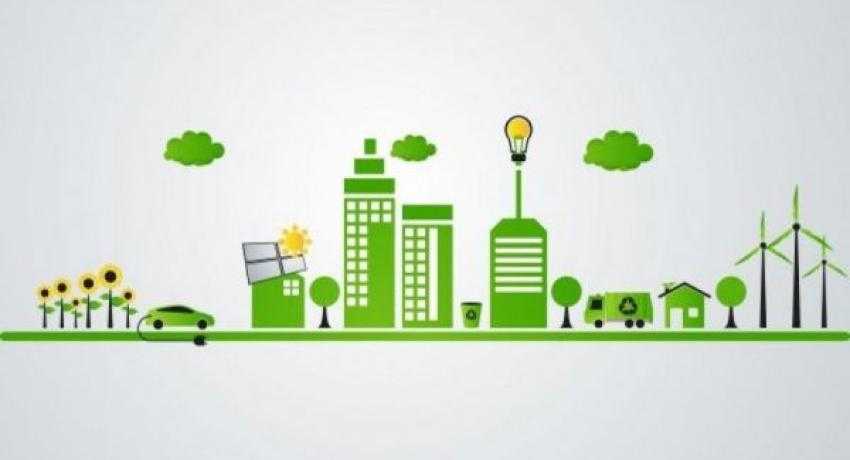We could go all the way – these entities are going 100% renewable
Going 100 percent renewable sounds like something that Masdar City is doing over there in the United Arab Emirates. It doesn’t seem like something an average American city, company or utility could pursue right now. But it is happening.
Several environmental groups are working to assist municipalities and businesses that are making the pledge to get all their energy exclusively from renewable sources like solar and wind. And more and more are committing to doing it.
Azaar, an environmental campaign organization recently submitted a petition to the United Nations featuring signatures from 2.2 million people around the world who support a push for 100 percent renewable resources.
Go100Percent.org lists hundreds of entities that have already made the commitment to go renewable, including 27 projects in North America.
At the beginning of 2014 Scituate, Mass. became the first US city to power all of its municipally-owned facilities 100 percent with renewable energy sources.
The coastal town’s 3 megawatt solar farm on a capped city landfill won the community the “Photovoltaic Project of Distinction” honor from the Solar Energy Industries Association in 2014.
In addition to making a positive environmental impact, the solar farm is expected to save the city $200,000 a year in operating expenses, according to its website.
Aspen, Colo., a swanky resort town in the Rocky Mountains, has also pledged to get 100 percent of the city-owned utility’s electricity from renewable energy sources. That’s a big promise. It means the city won’t just be powering its own facilities with renewable energy, but that the utility company powering every home, hotel, restaurant, ski resort and small business in town will get all the electricity it sells from renewable sources. It’s a lofty goal.
The city recognizes that having a reliable base load is essential.
“Without sufficient levels of locally produced renewable energy, Aspen cannot provide reliable, clean and sustainable base load to the system into the future, and must instead rely upon supplemental purchases of costly, and non-local sources of energy which can be dirty or unreliable,” according to the city’s website.
In an effort to get good renewable base load power, Aspen is pursuing hydropower, geothermal and biomass power, which it refers to as “the holy grail of base load power.”
The city is meeting with some resistance from residents on a large hydropower project. It will have to decide if it’s going to continue to pursue the project by the end of February when it will have to submit applications for permits.
The city currently gets about 75 percent of its energy from renewable sources. While that’s admirable, it’s still short of the 100 percent goal Aspen aimed to hit by this year.
San Diego, San Jose and San Francisco are also aiming to get 100 percent of their power from renewable sources. While the California cities are large and the goal is a hefty one, they do benefit from progressive state policies and rapidly growing private investment in rooftop solar on homes and businesses.




